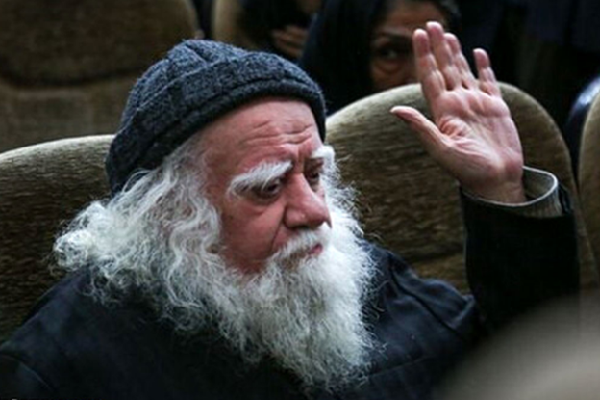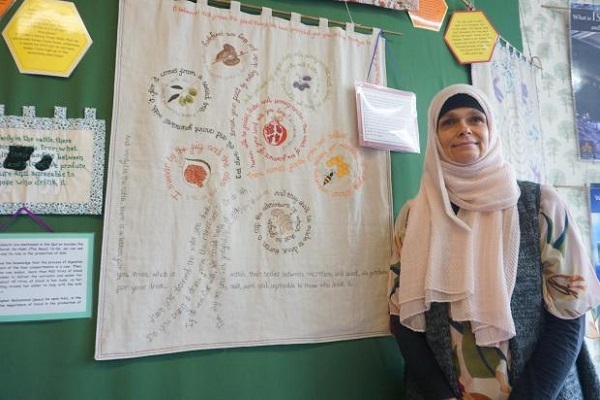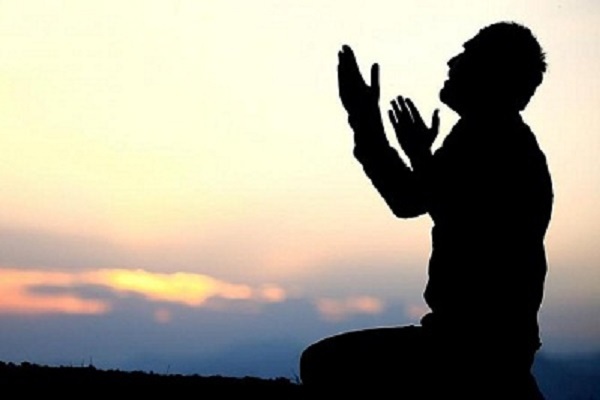According to Rahyafte (the missionaries and converts website):The book Al-Hayat (the life) is one of his outstanding works this is considered to be an Islamic encyclopedia and is well-known in the Muslim world.
Allameh Hakimi was a traditionalist Muslim scholar whose thoughts have different aspects and how he approaches the tradition is of great importance.
We are now fourteen centuries away from the era of the revelation of the Quran and the life of Infallible Imams (AS). There have been changes in our lifeworld. It can be said that humanity’s life is divided into two eras of pre-modern and post-modern. Getting away from the era of the Holy Prophet (PBUH) and Infallible Imams (AS) can cause problems in understanding religious teachings. If we also consider the requirements of the modern life, the importance of correctly approaching and understanding the tradition becomes even more.
Such an era as the contemporary age requires scholars who can see the needs well, look the tradition and provide strategies for the post-modern man. Mohammad Reza Hakimi is the one. In his view, the most important thing that should be the focus of attention is justice. It seems that Hakimi’s introducing such an idea is in relation with the time and place he has lived in. Thus, Hakimi’s justice-seeking project and his emphasis on justice is rooted in the society’s contemporary needs.
In his book Al-Hayat, Hakimi has frequently talked about political, economic and cultural Taghut (tyranny). He believes that even if there is no political Taghut, problems will continue to exist and efforts should be made to confront economic Taghut.
This is what we have faced in the contemporary era. The Islamic Revolution destroyed political Taghut in this land but Hakimi believed that economic Taghut has not been destroyed. This is the reason why Hakimi emphasizes the importance of economy and justice instead of stressing other religious teachings, an emphasis that makes the thinker a justice-seeker. This is while Islam’s teachings in the realm of society is not limited to justice.
The biggest lesson one can learn from Hakimi’s ideological project is the importance of paying attention to society’ needs. If scholars and thinkers of every ear pay attention to the social teachings of Islam in accordance with the needs of their society, their review and reading of the tradition will be done correctly. It is possible that the Islamic society may not be facing all the issues that the society during the lifetime of the Holy prophet (PBUH) and Infallible Imams (AS) faced. So in any era, paying more attention to a certain part of Islamic teachings may be necessary, as in the contemporary era, Hakimi considered justice to be the missing link for happiness of humanity.
Another lesson from Hakimi for us is revealing the fact that the tradition is practical. Some thought that given the distance we have with the time of revelation, tradition belonged to that era and cannot provide answers to the needs of today’s society. Hakimi showed everyone that the Quran and tradition are still functional and efficient. It is of curse necessary that we approach them correctly.
iqna




















